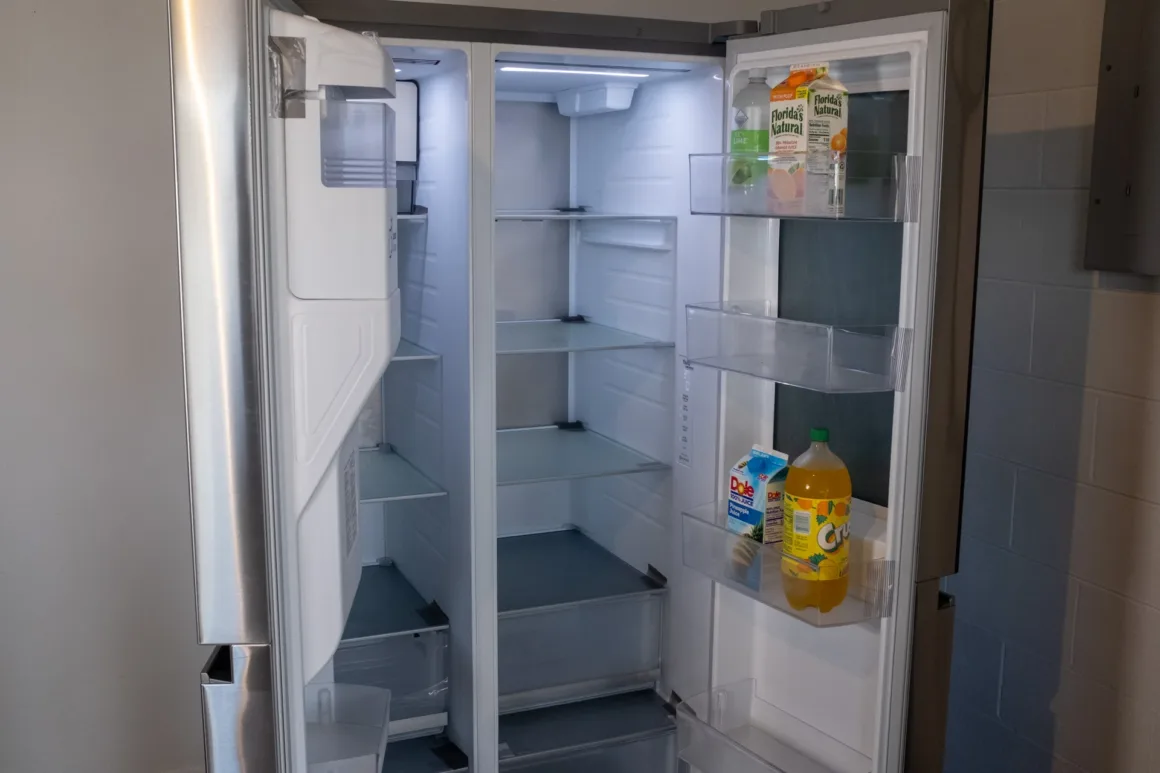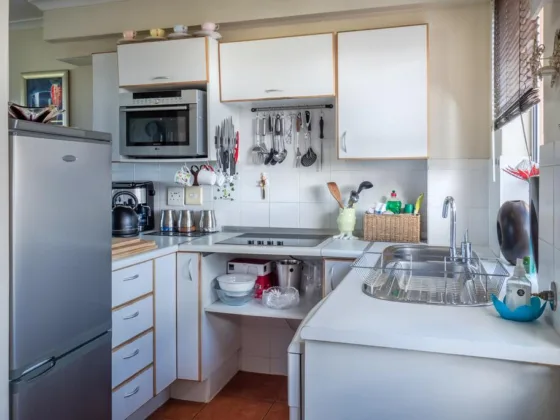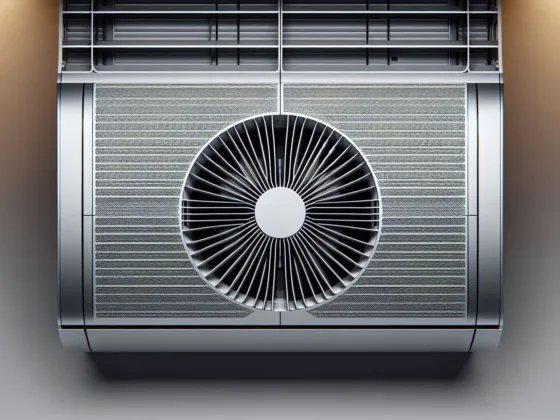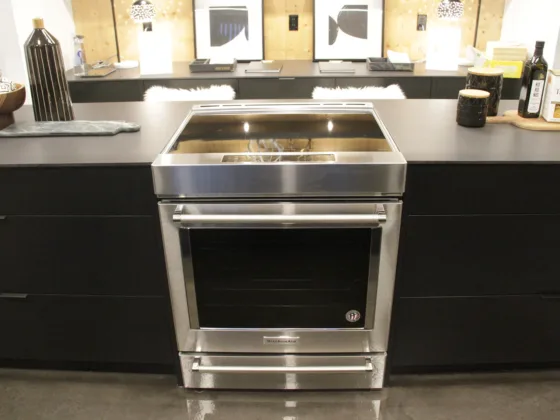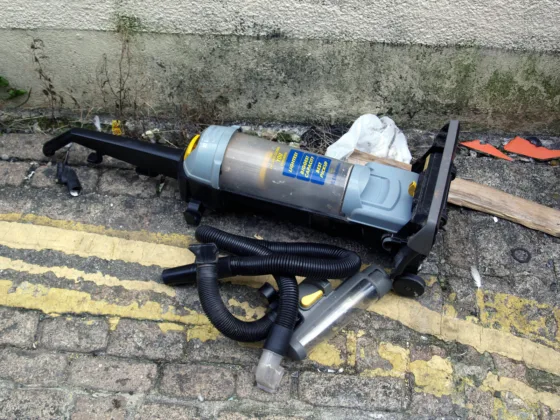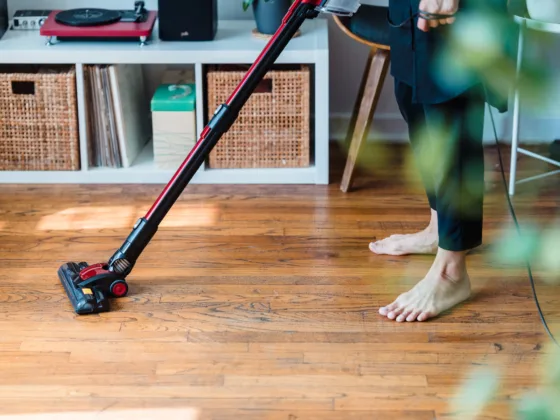Table of Contents Show
Common Reasons for a Leaking Fridge
Having a leaking refrigerator can be quite a nuisance. Not only does it create a mess, but it can also lead to potential damage to your kitchen floor or even the appliance itself. If you’re wondering why your refrigerator is leaking water, here are some common reasons:
Clogged or Frozen Defrost Drain
One of the most common causes of a leaking refrigerator is a clogged or frozen defrost drain. Over time, this drain can become blocked with debris, causing water to back up and leak onto the floor. Cleaning the drain and removing any obstructions can often solve the issue.
Leaking Water Supply Line
If your refrigerator has a built-in water dispenser or ice maker, a leak in the water supply line could be the culprit. Check the connections and look for any signs of leakage. Replacing the faulty water supply line may be necessary to fix the problem.
Improperly Sealed Door Gasket
A worn or improperly sealed door gasket can allow warm air to enter the refrigerator, leading to condensation and water leakage. Inspect the gasket for any signs of damage or wear. If necessary, replace the gasket to ensure a proper seal.
Excessive Humidity
High humidity levels in your kitchen can cause condensation to form on the exterior of your refrigerator, resulting in water droplets and potential leakage. Consider using a dehumidifier in the area to reduce moisture levels and prevent this issue.
Blocked or Overflowing Drain Pan
The drain pan located underneath your refrigerator collects excess water from the defrost cycle. If the drain pan is blocked or overflowing, it can cause water to leak onto the floor. Clean the drain pan regularly to avoid this problem.
Read Also:
Refrigerator Maintenance Tips
Prevention is always better than cure, and when it comes to your refrigerator, proper maintenance can help you avoid potential leaks. Here are some maintenance tips to keep your fridge in top shape:
Regularly Clean the Defrost Drain
As mentioned earlier, a clogged defrost drain can lead to water leakage. Make it a habit to clean the drain regularly to prevent any blockages. Using a mixture of warm water and mild detergent can help remove any debris.
Inspect and Replace the Door Gasket
Check the door gasket for any signs of wear or damage. A faulty gasket can allow warm air to enter, causing condensation and potential leaks. If needed, replace the gasket to ensure a proper seal.
Keep the Fridge Level
Ensure that your refrigerator is properly leveled. If it’s tilted or leaning, it can cause water to collect and leak. Use a level tool to check and adjust the fridge’s position if necessary.
Regularly Clean the Condenser Coils
Dust and debris can accumulate on the condenser coils, hindering their ability to cool the refrigerator efficiently. Cleaning the coils every six months can help maintain optimal performance and prevent leaks.
Monitor the Water Supply Line
If your refrigerator has a water supply line, regularly check for any signs of leakage or damage. Replace any faulty connections or lines to prevent water leaks.
Remember, if you’re unsure about fixing the issue yourself or if the problem persists, it’s always best to consult a professional technician. They have the expertise to diagnose and repair any refrigerator leaks effectively.
By following these tips and addressing any issues promptly, you can keep your refrigerator running smoothly and avoid the hassle of dealing with water leaks in the future.
